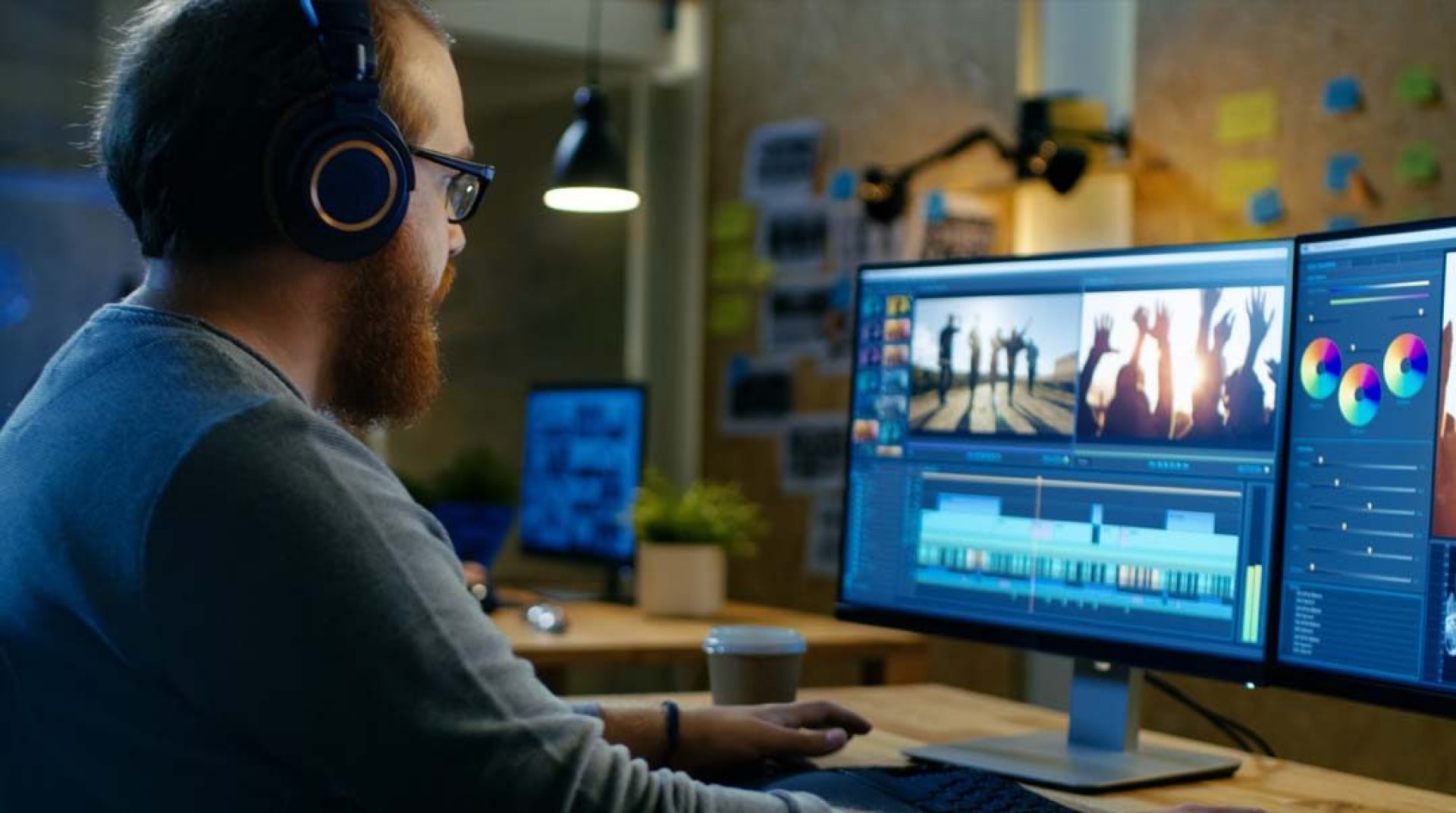Biotech is expected to benefit from AI capabilities, which include the prediction of protein structures, recognition patterns, in addition to supporting the incremental process.
A scientist examines a vast multidimensional data set using Celium, an AI-powered, proprietary interactive visualization software created by AbCellera. Scientists and collaborators visualize antibody sequences as well as the associated information on antibody source and usage of the antibody gene and clonal connections to determine the best candidate for a lead drug. You can learn more about the biotech news on Big4Bio.

Image Source: Google
It's not easy to define exactly what those in the biotechnology industry mean when they refer to "artificial intelligence" (AI). In general, they appear to be content with a general definition that defines AI as an algorithm for computers that can be taught to predict outcomes and learn from the data sets it gets.
Because the work concept of AI is not clear which is why the position for AI for the biotechnology sector is also ambiguous. It is, for instance, not clear if AI should be seen as something new and innovative.
An ambiguous definition of AI – big algorithms that learn from large data sets may be all we require. The most important thing is the nature of what AI systems can do.
Additionally, AI can help us gain a better understanding of biology and the codes as well as the signals and pathways that trigger disease or could be utilized to treat diseases. In the third, AI will be able to identify and identify the populations of patients that a particular treatment is effective, connecting disease-related phenotypes with the underlying code, such as biomarkers and genes."

